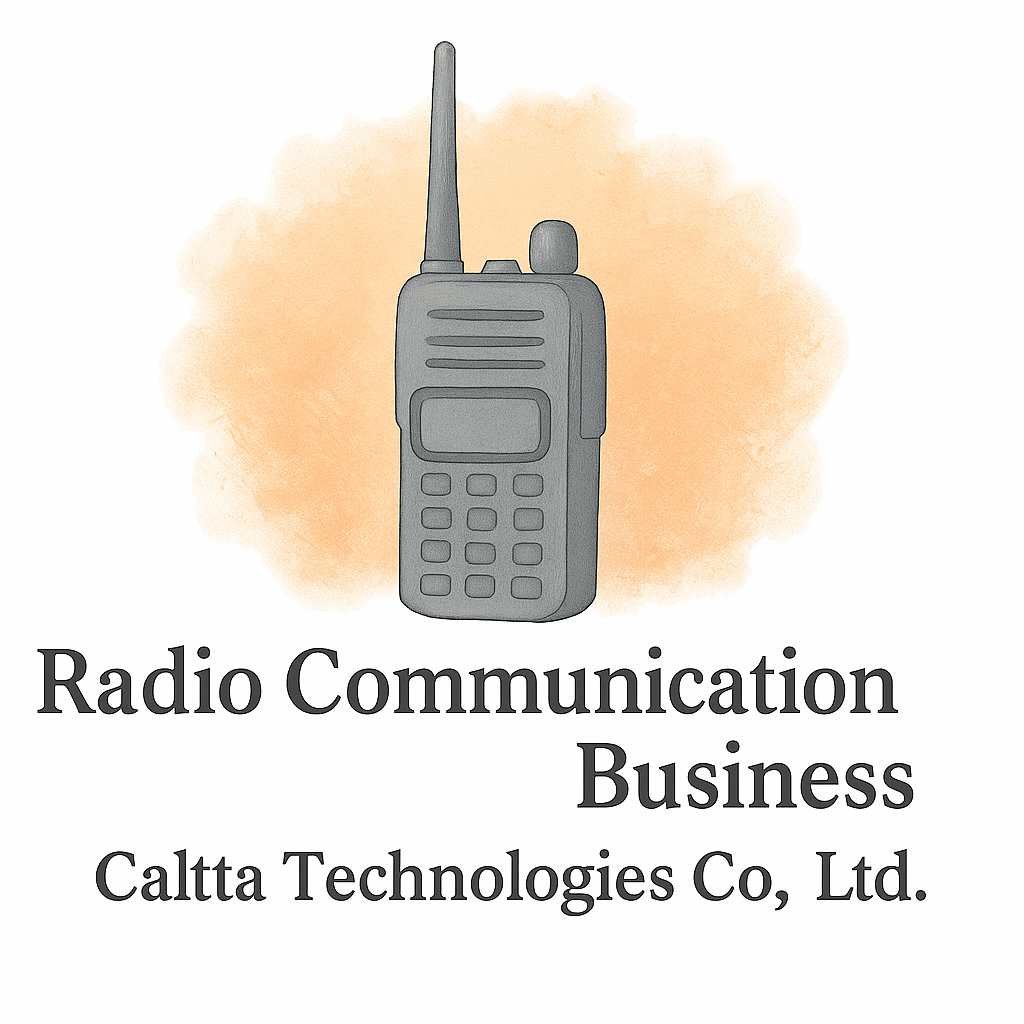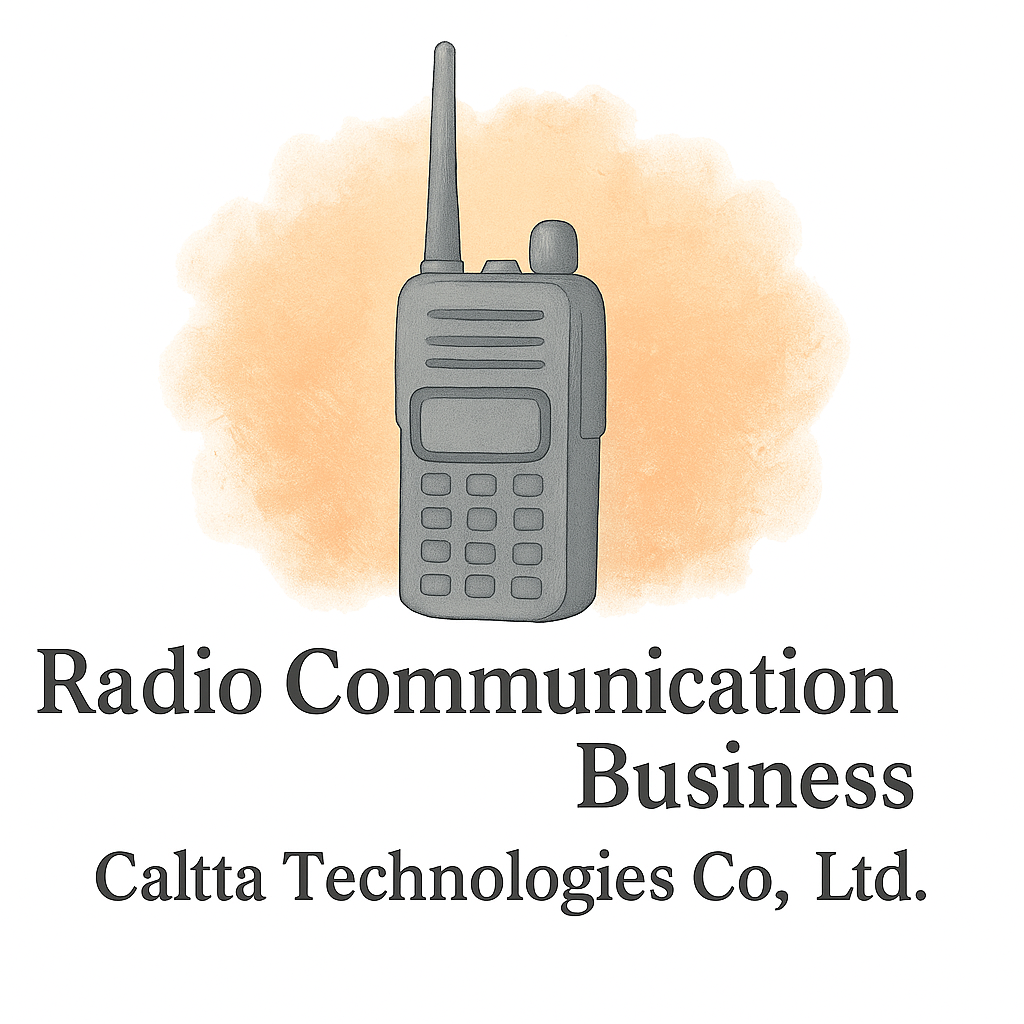Introduction: Why Tax Planning Matters for Radio Communication Startups
Let’s face it—taxes can be a real buzzkill, especially when you’re trying to build a cutting-edge radio communication startup. But here’s the truth: if you overlook the tax side of things, it can eat into your profits faster than a shortwave signal across town.
Smart tax planning isn’t just for big corporations. It’s essential for startups too—especially those in the tech-heavy, regulation-laden world of radio communications. So, if you’re just getting started or scaling your business, this article breaks down six crucial tax considerations to keep your finances—and your equipment—running interference-free.
And if you’re new to the startup scene, make sure you also check out Business Startup Basics for a solid foundation.
1. Business Structure and Tax Implications
Choosing the Right Legal Entity
Before you transmit your first signal, you’ve got to choose how your business is legally structured. Are you an LLC, S-Corp, or a sole proprietor? Each comes with different tax consequences.
A Limited Liability Company (LLC) offers flexible taxation—you can choose to be taxed as a sole proprietor or corporation. If you’re planning on attracting investors or issuing shares later, an S-Corp or C-Corp might make more sense.
Don’t just go with your gut—consult a tax pro or legal advisor. Visit Caltta International’s Business Setup Resources for guidance.
Tax Benefits of LLCs vs Corporations
LLCs are popular for a reason—they’re simple and pass-through, meaning profits go directly to you and are taxed once. Corporations? They might face double taxation, but they offer more flexibility with deductions and fringe benefits.
Check out our insights on cost-saving strategies to keep more money in your pocket.
Common Mistakes to Avoid
One of the biggest tax mistakes? Not registering correctly with your state or federal tax authorities. That could lead to penalties—and no one wants to be tangled up with the IRS. Also, forgetting to renew licenses can impact your compliance. You’ll find more guidance in our compliance tag archive.
2. Startup Costs and Tax Deductions
What Counts as a Deductible Expense?
From antennas to transmitters, even your office chair counts—if it’s for business. Deductible startup costs typically include equipment, legal fees, software, marketing expenses, and more.
For a deeper dive into the right gear, explore Caltta’s Equipment & Technology section.
Capital Expenses vs Operating Costs
Here’s the trick—capital expenses like high-end radio towers get depreciated over time. Meanwhile, operating costs such as internet service or electricity are fully deductible for the year.
Check the budget tag for more planning tips.
Record Keeping Hacks for Easy Filing
Create digital folders, keep receipts, and use cloud-based accounting tools. You’ll thank yourself at tax time. Pro tip: set up a weekly “money meeting” with yourself to track everything.
Need more startup tips? We’ve got you covered: Startup Hacks and Advice.
3. Understanding Industry-Specific Tax Regulations
Compliance in the Tech and Radio Industry
The radio communication field isn’t your average startup lane. You’ve got FCC licenses, frequency auctions, and possibly import/export taxes on equipment.
Check our Industry Insights section for up-to-date regulations and trends that could impact your taxes.
Federal vs State Regulations
States vary wildly. In California, for instance, the tax treatment of certain tech services is very different than in Texas or Florida. And trust us, ignorance of the law is not a defense—Regulations and Law are your go-to categories.

4. Tax Credits and Incentives for Tech Startups
R&D Tax Credit and How to Claim It
Are you experimenting with new transmission protocols or developing custom software for communication systems? Congrats! You may be eligible for the Research & Development (R&D) tax credit.
This federal incentive can offset payroll taxes or income taxes. Definitely worth digging into—start with the Entrepreneur Resources we’ve gathered for you.
Energy Efficiency and Green Incentives
Using solar to power remote radio stations? You could qualify for green energy tax incentives at both the federal and state level. Combining tech and sustainability? That’s not just smart—it’s tax-savvy.
5. Sales Tax and Equipment Purchases
Radio Equipment: To Tax or Not to Tax?
This part gets tricky. Some radio equipment purchases may be tax-exempt if they qualify as resale items or fall under specific manufacturing exemptions. Always ask vendors for resale certificates.
Explore Caltta’s Equipment Articles to learn what tools qualify.
Sales Tax Nexus and Remote Selling
If you’re selling gear or services across state lines, you may be responsible for collecting sales tax in multiple states. Welcome to the world of “economic nexus”—another reason to work with a tax professional.
Need more on this? Visit the Tools & Tech Tag.
6. Hiring, Payroll Taxes, and Contractor Rules
Employees vs Independent Contractors
Hiring help? Classifying team members correctly matters—a lot. Misclassifying employees as contractors can lead to back taxes and penalties. Be mindful and refer to IRS guidelines.
For team management and compliance, dig into Networking & Hiring.
Payroll Tax Obligations for Startups
Once you’ve got employees, you’ll need to handle Social Security, Medicare, unemployment tax, and more. Tools like Gusto or QuickBooks Payroll can simplify this process.
Also, check out our article on Financial Planning to avoid cash flow surprises.
Conclusion: Don’t Let Taxes Stall Your Startup
Starting a radio communication business isn’t just about signal strength—it’s also about staying in the clear legally and financially. From choosing the right entity to claiming R&D credits and tracking every deductible penny, smart tax planning can give your startup the solid foundation it needs.
Miss the tax details, and you’re risking static in your business signal. But nail them? You’ll be broadcasting success 24/7.
And don’t forget to explore more from Caltta International for help with everything from business setup to equipment decisions.
FAQs
1. What business structure is best for a radio communication startup?
An LLC is often a good choice due to its tax flexibility, but C-Corps may work better if you seek investment. Consult a tax advisor for your specific goals.
2. Can I deduct my communication equipment on my taxes?
Yes! Equipment like transmitters, antennas, and even laptops are usually deductible—either immediately or through depreciation.
3. How can I stay compliant with FCC and tax regulations?
Stay updated on industry rules through Industry Insights and subscribe to federal/state updates. Also, visit the compliance tag.
4. Are there any special tax breaks for tech or communication startups?
Absolutely! The R&D tax credit is a big one, especially for startups innovating in the radio space. Learn more under our entrepreneur section.
5. What’s the best way to manage payroll taxes?
Use payroll software and classify workers correctly. Also, check out Financial Planning to avoid surprises.
6. Do I need to collect sales tax if I sell radio equipment online?
Yes—if you have a sales tax nexus in that state. Review local tax laws and consult with a tax expert for details.
7. Where can I get more help with startup compliance and budgeting?
Head to Business Startup Basics, Budget Tips, and Cost-Saving Ideas for in-depth resources.


